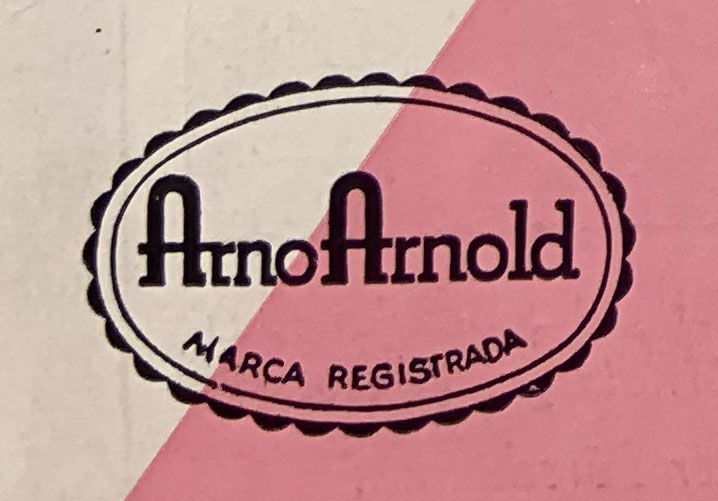Sometimes, those seeking to register a trademark with the US Patent & Trademark Office (“USPTO”) are required to file a “disclaimer statement.” Generally speaking, a “disclaimer statement” is a statement included with your trademark registration application or separately provided that states legally that you disclaim any trademark legal protection for some part or portion of your trademark. That is, you agree that some part or portion of your trademark cannot be registered as a trademark and you agree that you cannot enforce trademark rights with respect to that portion of your trademark.
For example, if your business sells apples and the word APPLES is part of your trademark slogan or design, you would file a disclaimer statement with respect to the word APPLES. The word APPLES is too common, descriptive and generic to be registered as a trademark for a business selling apples. For this reason, including the word as part of a larger trademark design or word mark jeopardizes registration. Thus, the USPTO will ask for a disclaimer statement with respect to that unregistrable component of the trademark.
Note that filing a disclaimer statement does not remove that part or portion from the trademark or change the appearance of the trademark. Rather, a disclaimer statement means that you cannot sue in court for trademark infringement with respect to that part of the trademark.
What does a disclaimer statement look like?
Usually, a disclaimer statement is made as part of the application. Sometimes, at the request of the USPTO, it is made in a separate document. The statement itself is a simple one-liner, something like: “No claim is made to the exclusive right to use “APPLES” apart from the mark as shown.” According to the USPTO, any disclaimer statement made will appear on the Certificate of Registration that is eventually issued.
Example of typical words or components that must be disclaimed
For word marks, these are examples of types of words that must generally be disclaimed:
- Descriptive words — such as “fluffy” for stuffed animal toys
- Boastful or laudatory words — such as “The Best” or “the Greatest”
- Generic words — that, for example, might describe an industry
- Geographic words — such as use of a city name as part of a trademark or design
- Corporate form identification words — such as “Corporation,” “Inc.,” “Company,” etc.
- Informational words — such as the word “business” in a design logo or the date established information
- Well known symbols — such a dollar sign
For design marks, a similar set of limitations apply to aspects of the design. For example, a realistic geographic representation of a city or state would require a disclaimer. Likewise, if the design depicts a realistic photo or drawing of an apple, then a disclaimer might be required for that component of the trademark design.
If you have questions about creating and registering a trademark, contact the trademark lawyers at Revision Legal at 231-714-0100.




